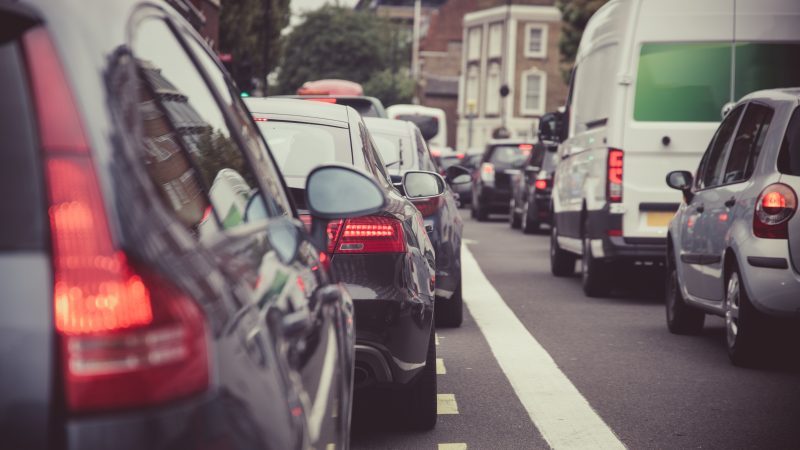
Tower Hamlets, two years ago, became one of the first councils in London to declare a climate emergency and set ambitious targets to become a net zero council by 2025 and a net zero borough by 2050. We have delivered in many areas but there is still more work to do.
As the first BAME person with cabinet responsibility for the climate emergency in Tower Hamlets, I think we need to go further to engage our BAME communities and residents on lower incomes. We know that the impacts of both climate change and air pollution fall most severely on more deprived areas and BAME communities. And yet, it is often these communities that face the most significant barriers when seeking to change their behaviour – whether it be fashion or food, the cheapest choice is often the least sustainable.
In Tower Hamlets, over 80% of households in the borough live in flats. Providing effective recycling services to large flat blocks, where most of our BAME residents live, is complex and costly, which means these residents are often unable to recycle. But we are piloting a scheme in partnership with Resource for London to improve recycling rates at these properties.
The government will soon make food waste recycling a compulsory service for councils to provide. While this is a welcome step, in densely populated urban areas like Tower Hamlets there are significant obstacles to providing this service for all and so far the government hasn’t allocated any additional funding to support us.
Another issue we have is contamination, because residents often don’t know what can and cannot be recycled. This is why I’m working with the mayor of Tower Hamlets to get the message out to hard-to-reach groups, just as we have done with public health information during the pandemic.
We are also engaging faith organisations, such as the East London Mosque, and our voluntary and community organisations in efforts to reduce carbon emissions. It’s been great to learn that they’re already committed to the climate agenda and are taking steps to reduce emissions. Our strategy to work in partnership will hopefully strengthen the work they do.
In March, I was proud to chair the council’s first climate engagement summit. We hosted more than 70 representatives from our partner organisations, faith groups and the voluntary sector who came together to share the work they’re doing to combat climate change and to discuss how we can go further together. We pledged to develop an action plan to achieve our net zero carbon borough by 2050 or earlier.
At a national level, efforts to change individual behaviour too often focus on disincentivising current behaviours rather than enabling people to make sustainable choices. While road tax and London’s ultra-low emission zone correctly place financial penalties on drivers of older and higher-emission vehicles, the government has failed to implement corresponding scrappage schemes to subsidise low-emission and electric cars.
In our efforts to reduce reliance on cars, we often overlook the fact that caring responsibilities and shift work make cars essential for some people. The government has again reduced the electric vehicle subsidy to just £2,500, when the cost of these cars exceeds £20,000. This gives low-income residents in Tower Hamlets little prospect of making the switch the electric. We’re relying on the government to put support in place to properly incentivise sustainable transport, rather than simply penalising those who can’t afford to switch.
We have many residents who rely on their cars to put food on the table. How often does the government take that into consideration when putting together policies? Part of the green recovery must include alternative sustainable jobs for those who have to rely on taxi driving to get by. In-work poverty has also driven many to take up second job, taxi-driving to earn a little extra money, and the government has a lot to answer for on this subject.
We need to consider lifestyle differences between communities. In my own Bangladeshi community, it is commonplace to bulk buy food from local wholesalers. Clearly, bulk-buying can’t be done without a car and these businesses are too small to operate standalone online delivery services.
One of the positives of the pandemic is that it’s driven innovation in the way we provide services. During lockdown, the council’s town centres team set up a home delivery service for small business to enable them to continue trading. We need to explore how services like these could be expanded to support our green agenda. By using low-emission vehicles, for example, to make wholesale deliveries so residents don’t have to use their cars.
To tackle the climate emergency, we need to bring every section of our diverse community together to play their part.




More from LabourList
Nudification apps facilitate digital sexual assault – and they should be banned
Diane Abbott suspended from Labour after defending racism comments
Labour campaign groups join forces to call for reinstatement of MPs